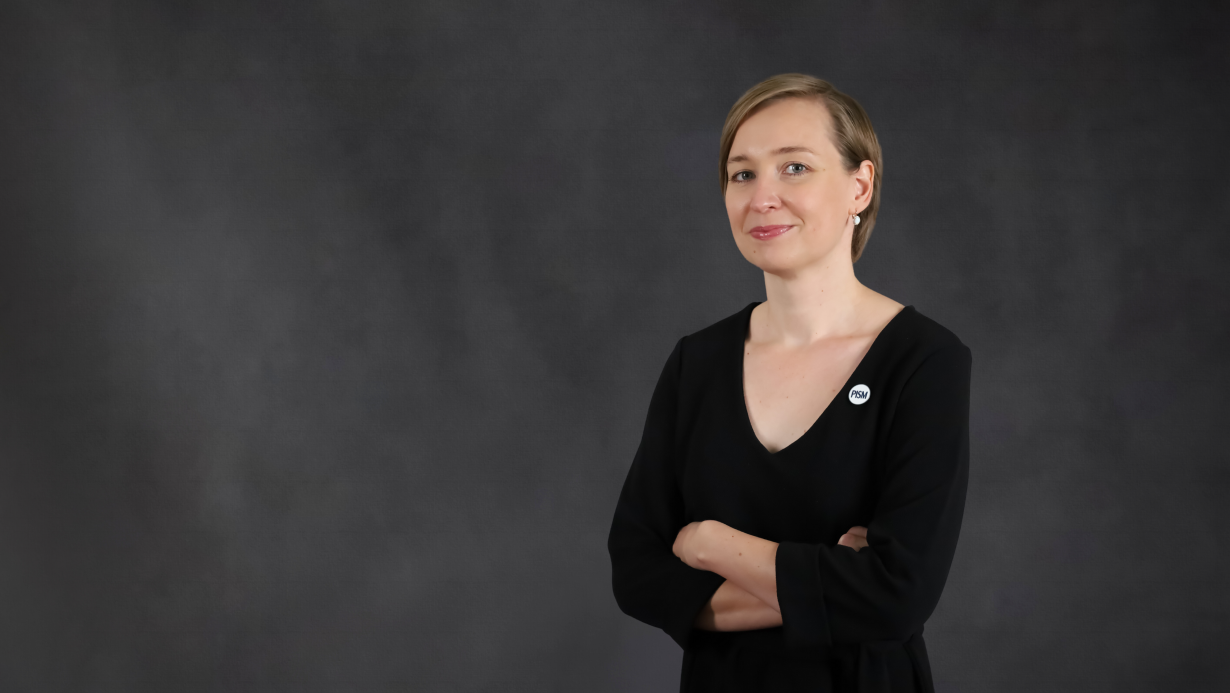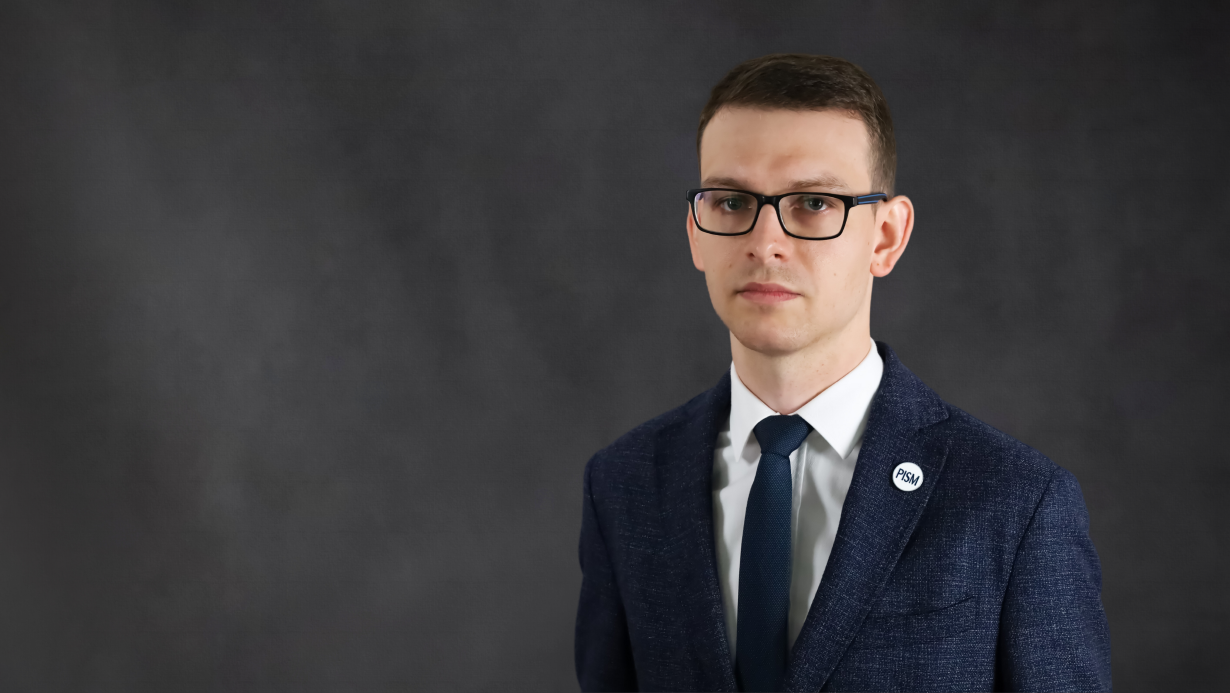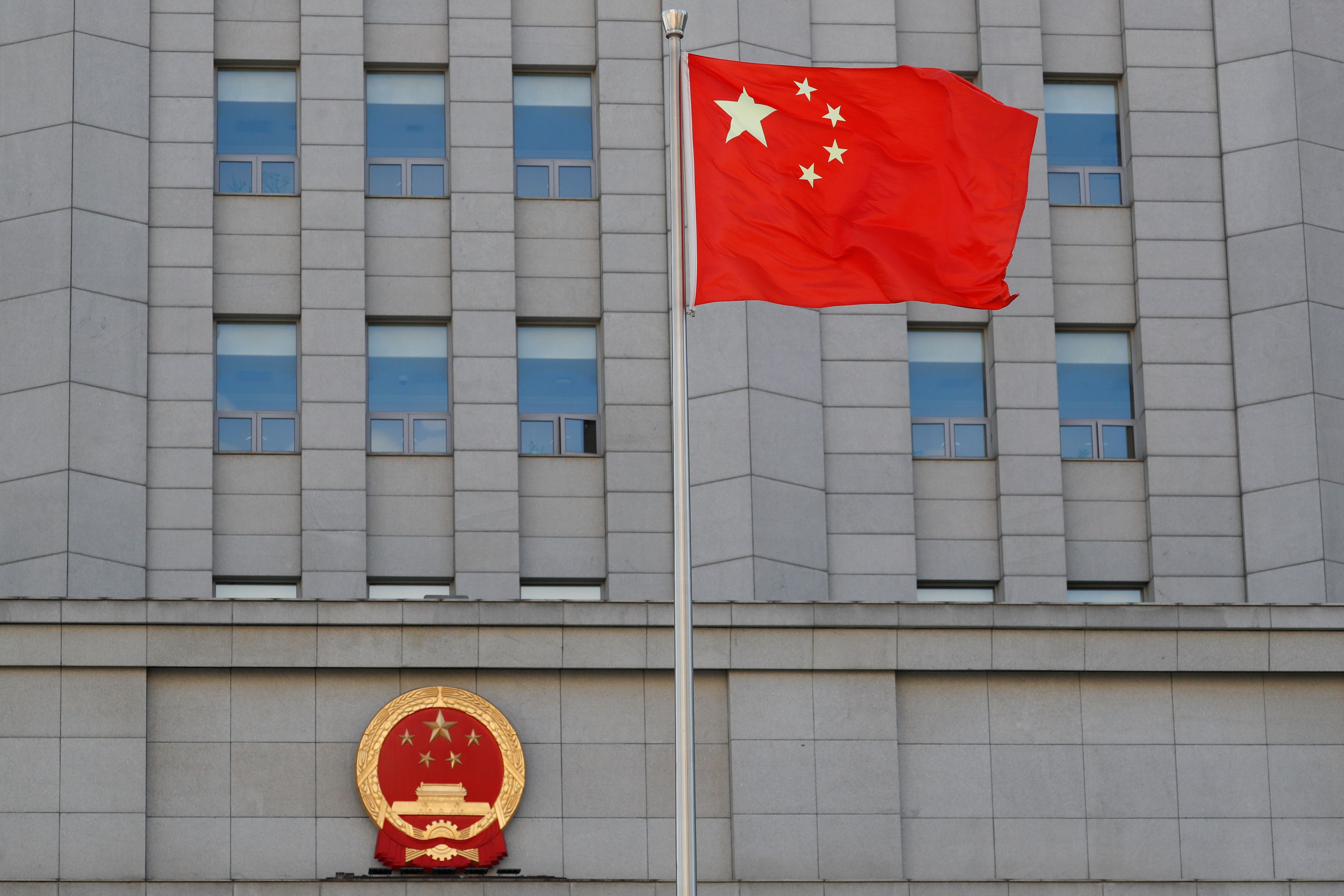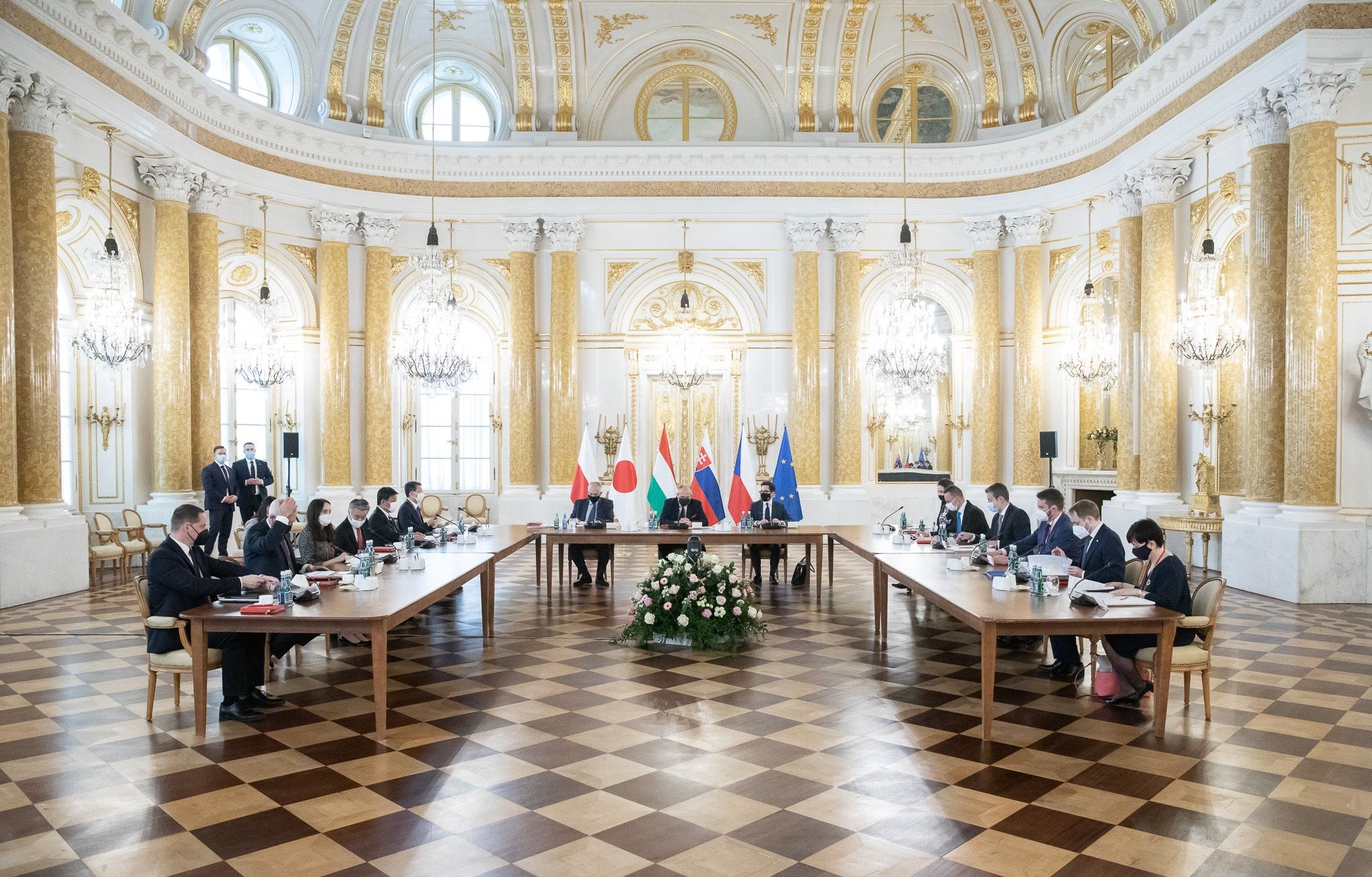The Development of Cooperation between the V4 and South Korea
The COVID-19 pandemic has turned out to be an impulse for the development of South Korea’s economic cooperation with the countries of the Visegrad Group (V4: Czechia, Hungary, Poland, Slovakia), which have already been the main recipients of South Korean goods in the EU. Changes in global supply chains and the emphasis put on climate issues both in the EU and South Korea have prompted companies from the latter to invest more in Central Europe, including in the areas of electromobility and green technologies. The V4-South Korea leaders’ summit scheduled for 4 November in Budapest will serve to deepen economic relations.
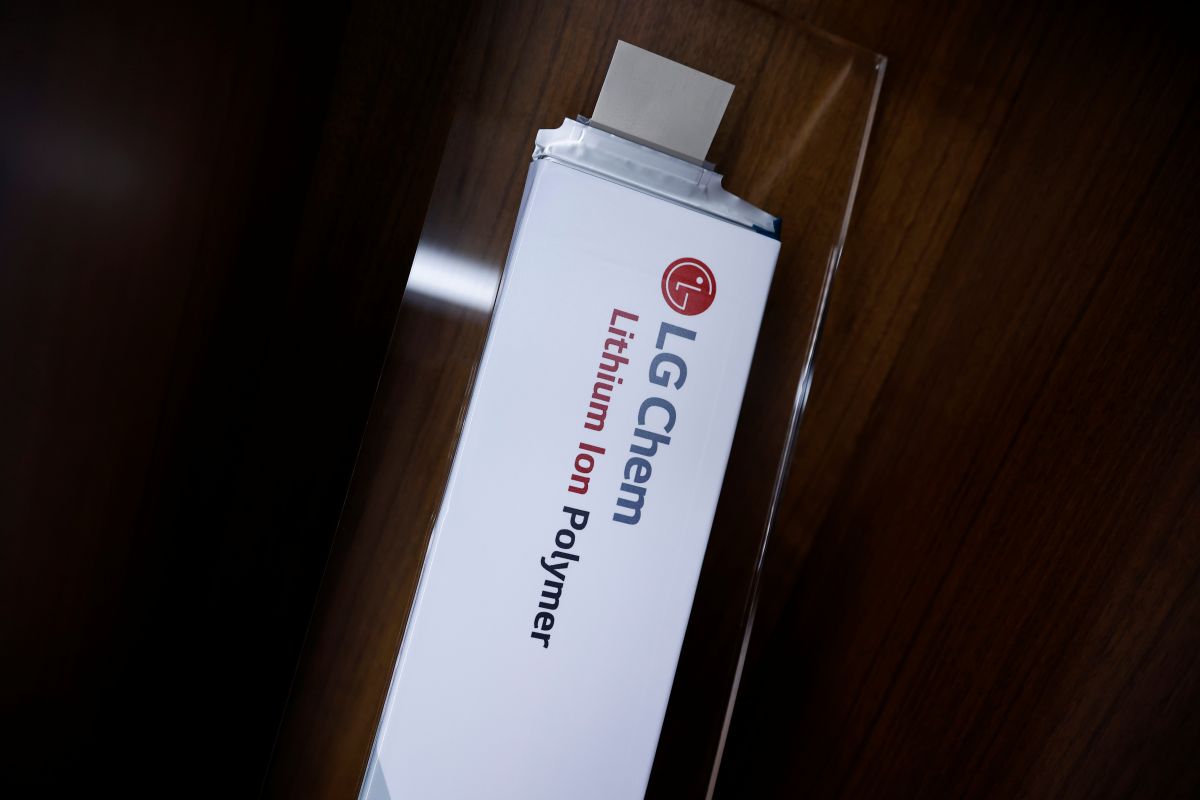 Photo: KIM HONG-JI/Reuters/Forum
Photo: KIM HONG-JI/Reuters/Forum
Specificities and Achievements
“V4+South Korea” is one of the “V4+” formats that enables regular contacts with European and non-European partners of the Visegrad Group. The impulse for engaging the East Asian partner in 2014 was the inflow of investments from South Korea to the V4 countries. Cooperation within this framework therefore covers mainly economic issues and, to a lesser extent, research, scientific, and cultural areas. In recent years, the topic of cybersecurity has also been raised in this forum. At the same time, the political commitment of the parties to this cooperation has not developed over the years. Evidence of that is the low intensity of V4+South Korea high-level contacts, with only one meeting of heads of governments so far, in 2015, and the last talks between foreign ministers held in June 2019.
For South Korea, the dialogue with the V4 is a form of minilateralism, which allows for the diversification of foreign relations and is complementary to multilateral solutions. It also serves to emphasise the country’s role as a middle power not only active in relations with great powers but also partners with less potential. The cooperation with the V4 allows South Korea to maintain relations with four Central European states simultaneously, which allows the East Asian country to compete in the region with other Asian actors, mainly Japan and China.
The main achievements of the V4+South Korea format concern economic cooperation. The Visegrad countries altogether comprise South Korea’s largest export market in the EU: in 2020, 28% of its exports to the EU went to the V4 ($13.5 billion). Poland is the more important of these, and the second-largest EU market (after Germany) for South Korean goods ($5.6 billion). At the same time, V4 exports to South Korea is small, and was worth only $3.3 billion in 2020. This translates into their deepening trade deficit with South Korea, which is also the largest Asian investor in the V4 countries, with the exception of Czechia, where Japanese investments dominate. In 2020, the stock value of South Korean foreign direct investments in the V4 exceeded $10 billion ($4.6 billion in Poland, $2.1 billion in Hungary, $2 billion in Czechia and $1.5 billion in Slovakia).
New Conditions for Cooperation
The COVID-19 pandemic has accelerated changes in the functioning of global supply chains. For South Korean investors, the location of production plants closer to sales outlets, including in the EU, has gained importance, to the benefit of the V4. In addition, the Visegrad states provided entry permits for South Korean business representatives despite the pandemic, enabling the development of investments from this country.
During the pandemic, countries and companies have paid increased attention to climate issues and are in search of an economic model that takes into account broad environmental protection. This is expressed in the Korean New Deal, a post-pandemic economic development strategy. It emphasises the digital and energy transformations as ways to reduce the carbon footprint of the economy by 40% by 2030. Similar aims guide the European Green Deal, which assumes the EU will be climate neutral by 2050.
Trends in V4-South Korea Relations
The beneficial conditions motivated South Korea to expand its economic activity in Central Europe, as reflected in the establishment in October 2020 at South Korea’s initiative of an economic forum with the participation of the V4 and their neighbouring countries. South Korea has declared its readiness to invest in the region in the areas of “green mobility”, for example, electromobility (production of lithium-ion batteries and their components for electric cars, among other products) and green technologies (e.g., photovoltaics, ecological urban services, hydrogen energy). The South Korean side expects that it will be possible to use EU funds in the implementation of such projects.
Despite the pandemic, South Korea’s investment cooperation has developed the most dynamically with Hungary. It has implemented additional projects in the electromobility industry with the financial support of the Hungarian government. The South Korean firm SK Innovation is building a new battery factory there, which will be the largest investment in Hungary’s history at $2.3 billion. Samsung SDI is also developing a battery factory in Hungary. In Poland, LG Energy Solution is expanding a battery factory near Wrocław. By the end of 2022, its production capacity will be the largest in the world, reaching 100 GWh per year. Total capital expenditure will amount to $3.6 billion and the plant is to employ up to 10,000 people. In turn, SK IE Technology is expanding its battery component factories in Dąbrowa Górnicza, investing more than $1.7 billion. Engagement in this sector is in line with South Korea’s long-term commitment. Hyundai and Kia have had automotive factories in Central Europe for years, for example, in Czechia and Slovakia. The production of batteries serves to supply Western European companies, and in this aspect, South Korea competes with China, whose companies (CATL, SVolt, Gotion) are also opening new plants, but in Germany.
South Korea is also interested in the development of strategic projects in the V4. In Czechia, it aims to participate in the construction of a new block at the Dukovany nuclear power plant. Following the exclusion of Chinese and Russian companies by the Czech authorities, South Korean KHNP is competing in a tender worth at least €6 billion with the French EDP and the American Westinghouse. Also in Poland, KHNP intends to submit an offer to build nuclear reactors and is competing with the same investors as in Czechia. In addition, Incheon airport has become a strategic advisor for Poland’s Central Communication Port project.
V4+South Korea cooperation is much more modest in non-economic areas. One of the few examples was South Korea’s co-financing of the International Visegrad Fund to provide humanitarian assistance to Ukraine and Georgia during the pandemic. In the political dimension, South Korea, unlike Japan with its concept of a free and open Indo-Pacific, does not promote its vision of international relations within the V4. Instead, it limits itself to gaining vague support from the V4 states for its position on the situation on the Korean Peninsula. Defence cooperation is also poorly developed. In recent years, the most promising example of dialogue was between Poland and South Korea, regarding the cooperation of armaments industries in the production of a Polish main battle tank (Wilk programme). However, Poland’s purchase of American Abrams tanks reduces the likelihood of South Korean participation in this project.
Conclusions and Perspectives
Economic cooperation—although definitely asymmetric—is the basis of South Korea’s relations with the V4 countries. The Visegrad states are recipients of South Korean investments, which, compared to other Asian projects in the region, are distinguished by the large scope of technology transfer and know-how. The focus on economic projects and the lack of South Korean ambitions for greater political involvement in the V4+ format means the V4 states do not have a common approach to relations with this Asian partner, in part because of the competition between them for investments. In recent years, Poland has managed to attract more investments than the other countries in the group (especially Czechia and Slovakia), mainly in the electromobility sector. However, the rivalry between Poland and Hungary in granting public aid to companies from South Korea that build battery factories for electric cars, is deepening.
The upward trend in South Korean investments is likely to continue in the region in the coming years. South Korean companies will, however, have to factor in the new circumstances, for example, the introduction of carbon footprint limits for battery production in the EU, planned for 2027. To remain an attractive place for investments in this sector, Poland should develop battery recycling to offset the amount of pollution.
South Korea will seek to extend its involvement in the V4 to strategic projects, including nuclear energy and aviation infrastructure. There is little possibility of tightening non-economic cooperation in cybersecurity using the existing EU-South Korea dialogue. The next opportunity to discuss the cooperation will be the meeting of V4 prime ministers with the president of South Korea, Moon Jae-in, in Budapest, which is devoted mainly to economic issues and organised by the Hungarian presidency of the Visegrad Group.


